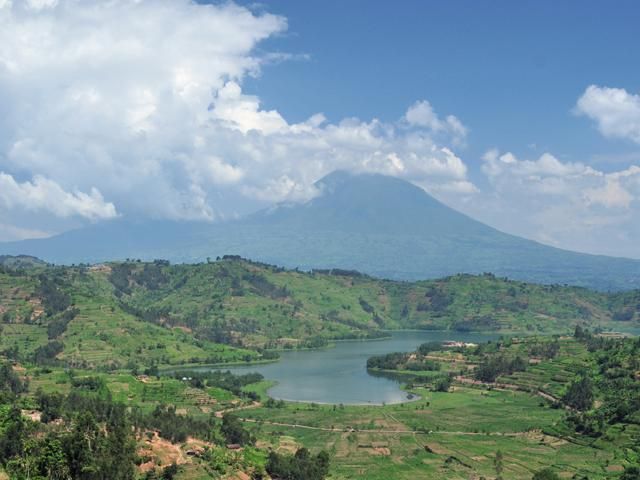African carbon offset market benefits from Wonderbag
Natural Balance has launched its Wonderbag product in Rwanda and the social enterprise has distributed around 700,000 in South Africa in the last 4 years. Communities in the region will benefit from the cooker that assists carbon offsetting by reducing fuel consumption.

Natural Balance has launched its Wonderbag product in Rwanda and the social enterprise has distributed around 700,000 in South Africa in the last 4 years. Communities in the region will benefit from the cooker that assists carbon offsetting by reducing fuel consumption.
The polyurethane Wonderbag is made from recycled foam, is biodegradeable and acts as a non-electric slow cooker. It maintains heat after boiling above cooking temperature for up to five hours without the need for additional heat, which cuts the amount of time needed to keep food on open fires and paraffin stoves dramatically. It reduces water consumption by around 80%, and aids afforestation projects as fewer trees are cut down for fuel.
Natural Balance have claimed that using Wonderbag three times a week has the potential to cut families' fuel expenditure by 30% and saves up to three tonnes of CO2 emissions a year.
It is one of only a few businesses accredited with the United Nations Framework Convention on Climate Change (UNFCCC) and is going through the process of being validated for the UN's Clean Development Mechanism (CDM) as well as the Voluntary Gold Standard (VGS), which when complete will allow companies to purchase carbon credits generated by the bags to offset their own emissions.
This carbon funding allows Natural Balance to sell the bags at cost price, founder Sarah Collins told BusinessGreen, adding that the technology's potential has been spotted by Unilever, which has purchased five million units for distribution.
Collins added the social enterprise planned to expand into a series of African and Asian countries, including Nigeria, Kenya, Ethiopia, Somaliland, Djibouti, Sri Lanka, India and Indonesia, and is looking for additional partners as part of its target to distribute 100 million Wonderbags by 2015.





